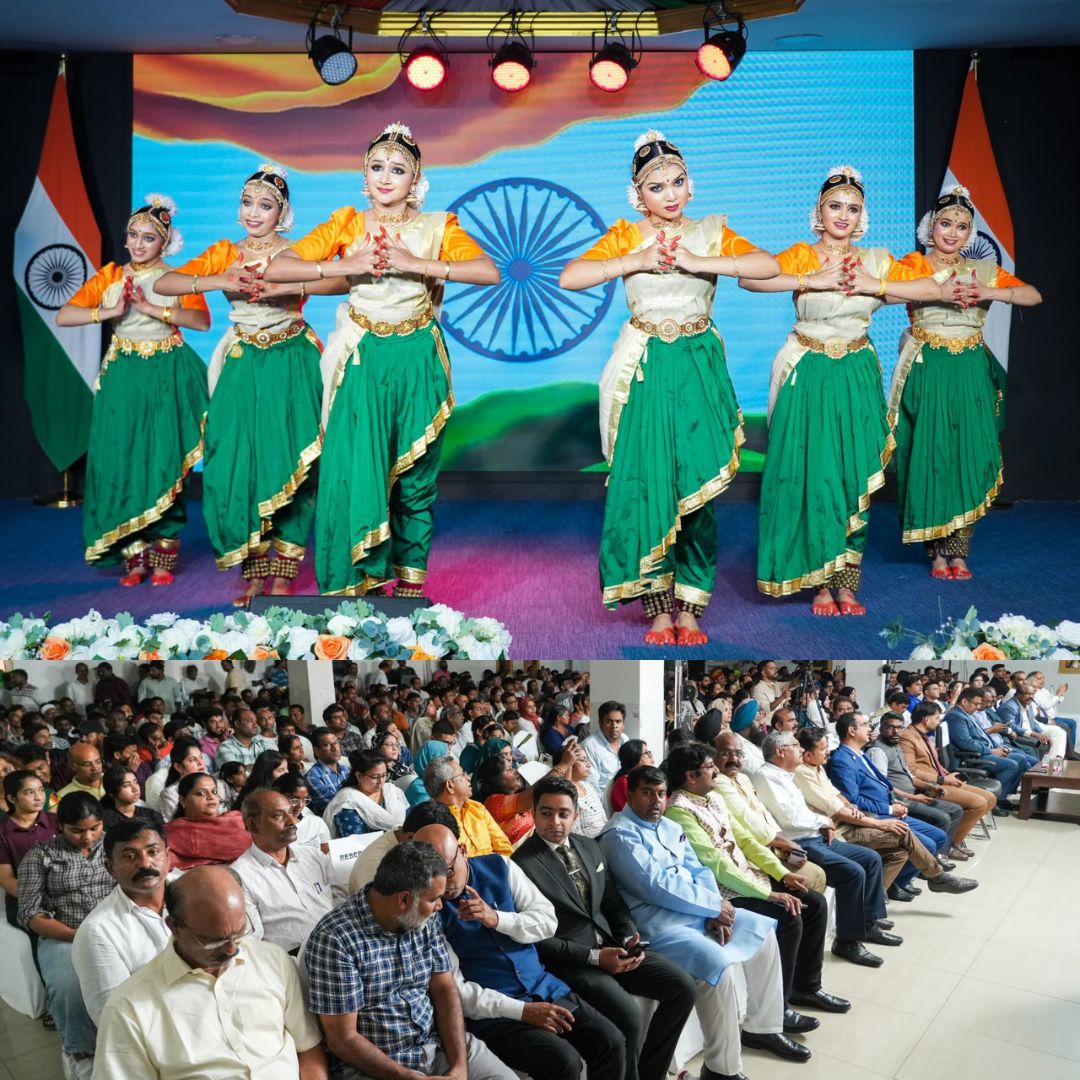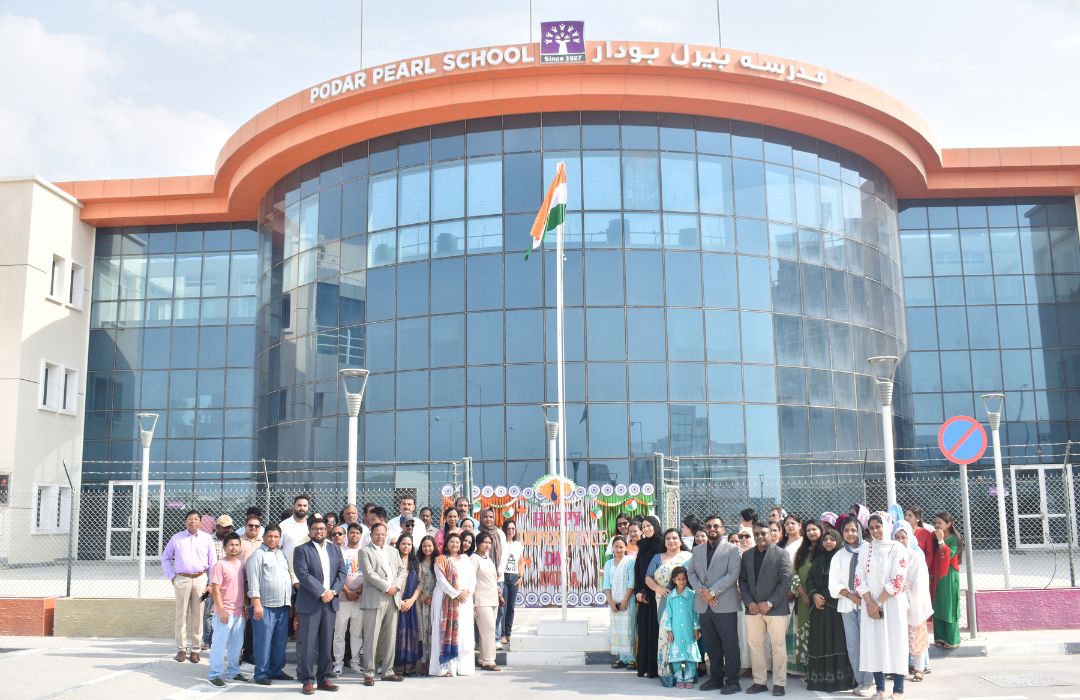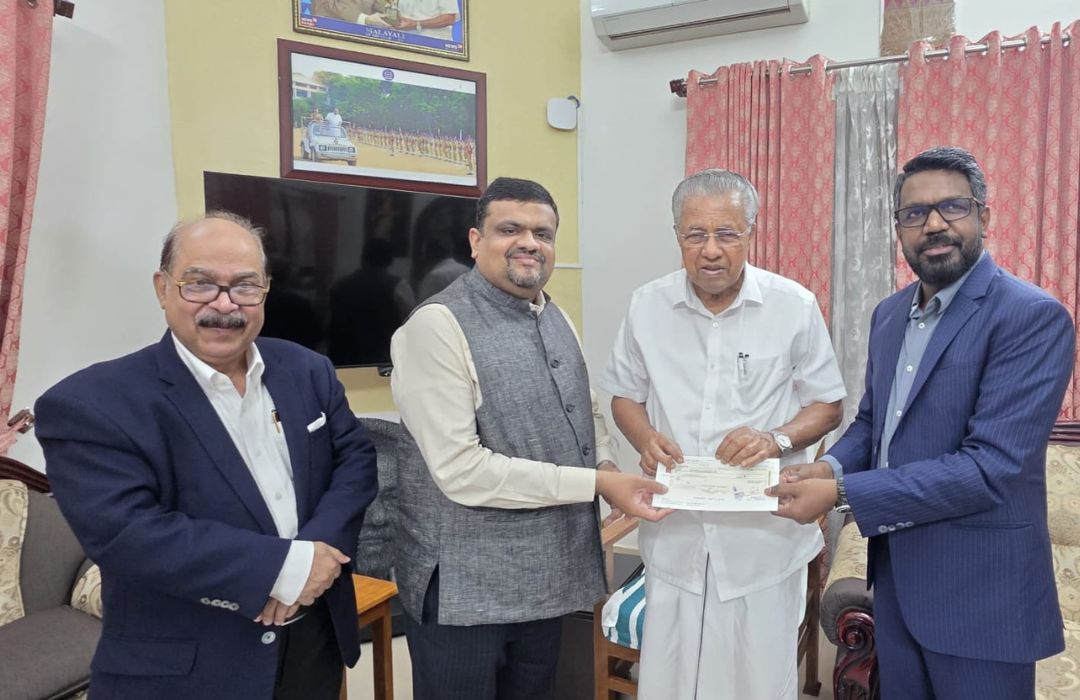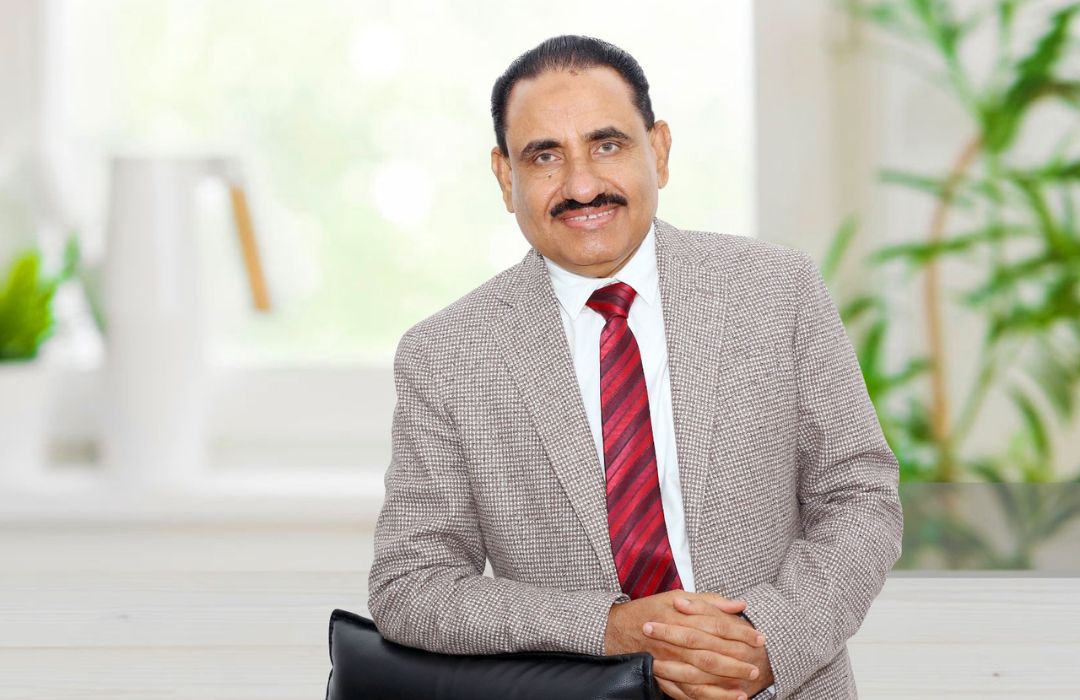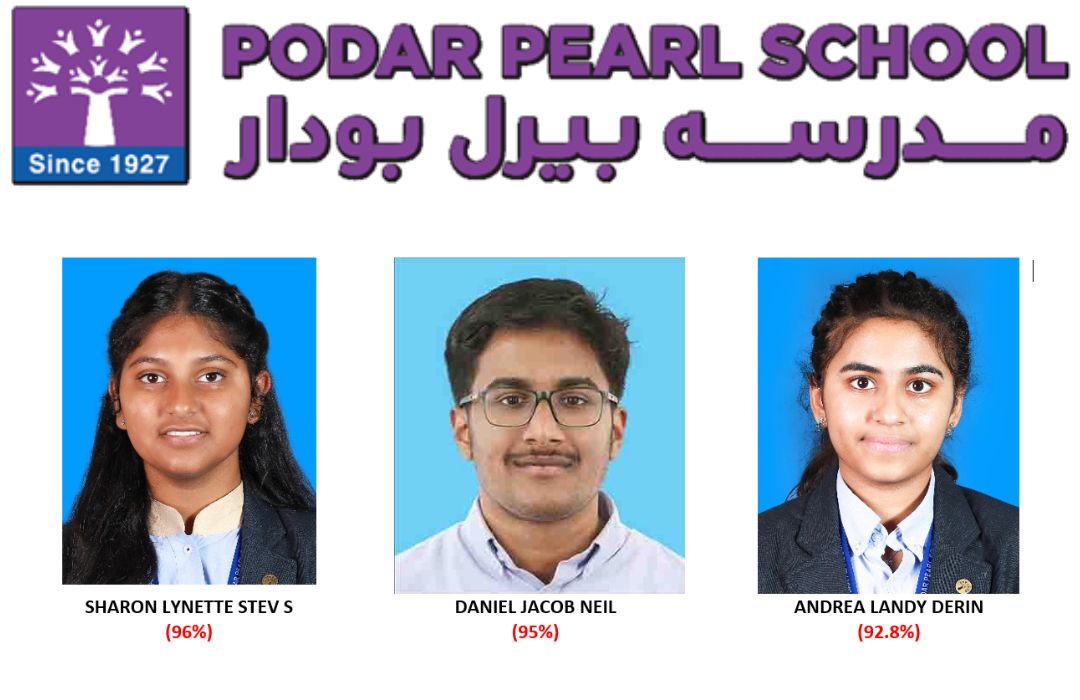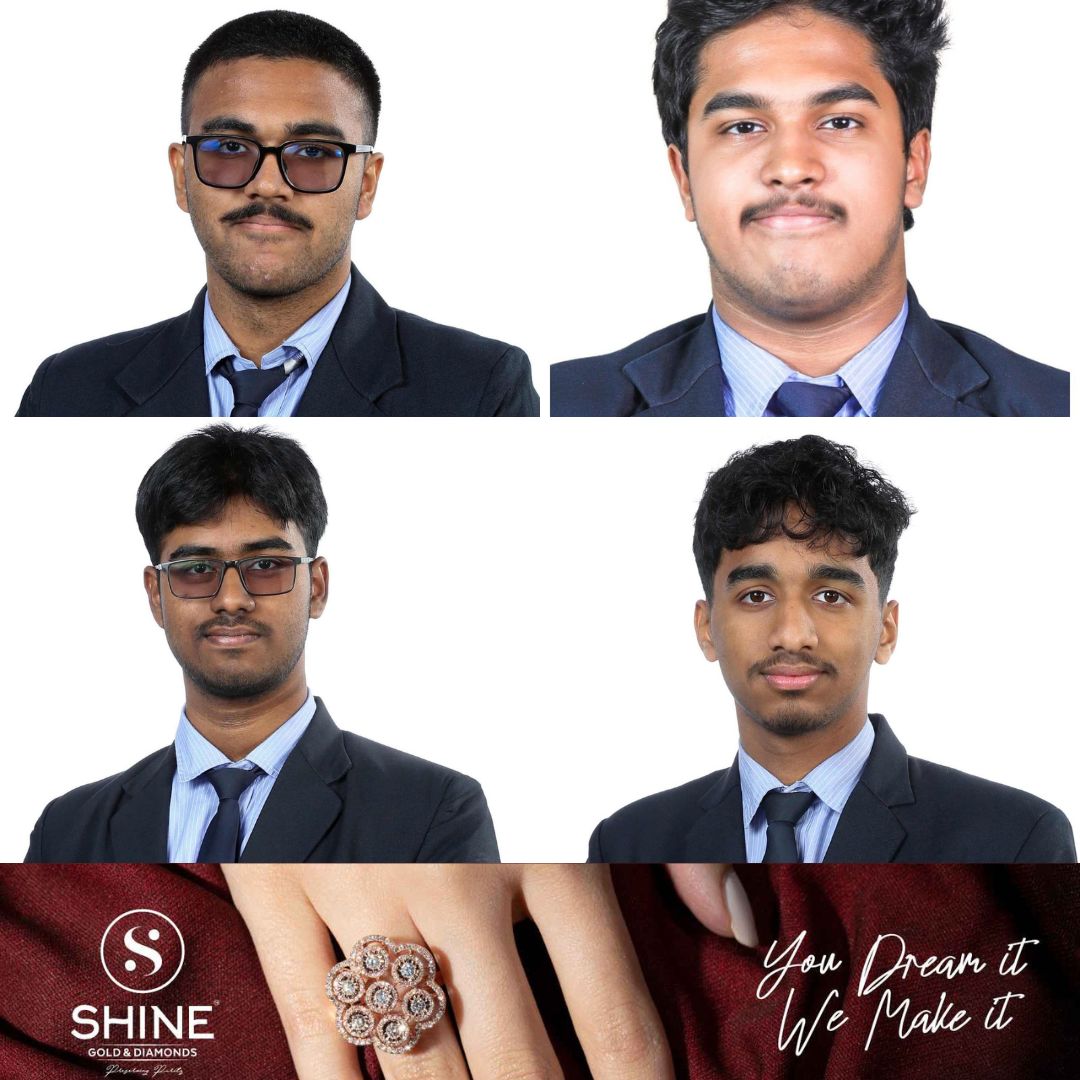















In an interview, Zainul Abideen, Vice President of the Indian Union Muslim League (IUML) National Committee and Deputy Chairman & Managing Director of Safari Group, shares his perspectives on his new role, the party’s historic legacy, and the importance of strong representation in today’s socio-political climate.
Q1:
Congratulations on your appointment as Vice President of the IUML National Committee.
How do you view this recognition, and what does it mean to you personally?
Thank you. I am deeply grateful for the trust and
confidence shown by our esteemed Political Advisory Commitee Chairman, Panakkad
Syed Sadhik Ali Shihab Thangal. National President, Janab Prof K.M. Kader
Mohideen Sahib Ex MP and our esteemed General Secretary, Janab P.K.
Kunjalikkutty Sahib.
This appointment is not only a personal honor but
also a reaffirmation of my lifelong bond with the IUML - a journey that began
in my school days with MSF and continued through my active involvement with
KMCC during my Pravasi years. More than a position, it is an enduring
commitment to upholding IUML’s values and serving the community, especially in
these challenging times.
The IUML has always been close to the aspirations and concerns of Indian Muslims, and I consider this role an opportunity to continue championing their interests with integrity and dedication.
Q2:
The IUML has a rich and eventful history, especially after the partition of
India. How do you assess its evolution and relevance today?
The Indian Union Muslim League was founded in 1948, following the departure of the original All India Muslim League to Pakistan after partition. Great visionaries like and founder of IUML Quaide Millath Mohamed Ismail Sahib and K.M. Seethi Sahib rebuilt the League in India, honoring the democratic and secular character of our nation.
From the early days, when we were represented by
only two MPs in the Lok Sabha, the IUML has made significant progress. Leaders
such as Ebrahim Sulaiman Sait and G.M. Banatwala played pivotal roles in
Parliament, consistently advocating for the rights of Indian Muslims. Their
distinguished leadership during some of the country’s most challenging times
helped IUML maintain both credibility and dignity.
While the IUML’s mass base remains strongest in
Kerala, its presence has steadily grown across India. The contributions of
leaders like E. Ahamed Sahib - especially his service as a minister and his
27-time representation of India at the UN - remain unparalleled. The ongoing
efforts of Prof. Kader Moideen Sahib, P.K. Kunjalikkutty Sahib, and Abdul Wahab
Sahib continue to inspire.
Today, IUML stands as one of the most relevant and respected political voices for Muslims in India, steadfastly defending secular values in a time when they are under threat.
Q3:
How do you view the current socio-political situation in India, especially with
growing concerns among minorities?
Minorities, and Muslims in particular, are facing
challenging times in the current political environment. Since 2014, the rise of
Hindutva ideology has significantly transformed the democratic and secular
landscape of our country. The IUML has actively opposed anti-minority measures
- such as the Waqf Amendment Bill, NRC, and policies witnessed during the Delhi
protests - through both legal and political action.
Despite having only three MPs in Lower house and two MPs in Upper house in the present Parilament, the IUML has consistently raised critical issues that others hesitate to address, displaying both courage and conviction. The upcoming inauguration of our new central office in New Delhi on August 24th marks a significant milestone. It will serve as a dynamic hub for engaging with national issues and provide Indian Muslims a robust platform to voice their concerns and aspirations.
Q4:
What are IUML’s future plans, particularly regarding national expansion and
grassroots support in other states?
IUML is actively working to expand beyond its
traditional strongholds. We are setting up state-level committees in West
Bengal, Bihar, Uttar Pradesh, and other regions to address the unique
challenges faced by Muslims locally, especially in times of increasing communal
polarization.
Our vision is to be a constructive,
solutions-driven political force - not just to critique, but to lead. We aim to
uplift communities through education, legal support, social development, and
political empowerment. Leaders like Prof. Kader Mohideen Sahib guide us with
patience, resilience, and a vision deeply rooted in Sufi values.
As I take on this responsibility, my foremost aim
is to listen, learn, and work for the welfare of our community. I see this
opportunity as a trust placed in me, reflecting IUML’s continued commitment to
supporting leaders who remain connected to the people and mindful of the
challenges-past and present-faced by Indian Muslims.
